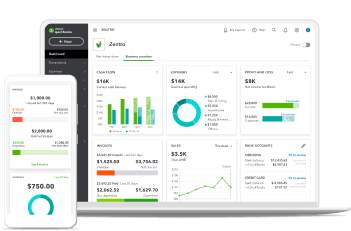Any small business owner knows paying staff on time is non-negotiable. And, with remote and hybrid work coming to the fore, the way staff invoice for their work has changed.
This means small businesses need the best payroll software solutions. This software can assist by automating tasks that are time-consuming and require 100% due diligence.
Two main payroll solutions to consider are payroll software and online payroll providers. This guide will help small business owners decide which option suits their payroll needs best.



